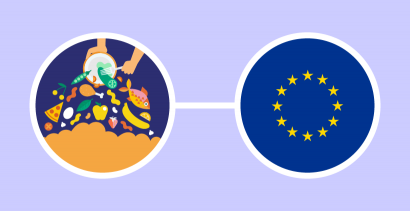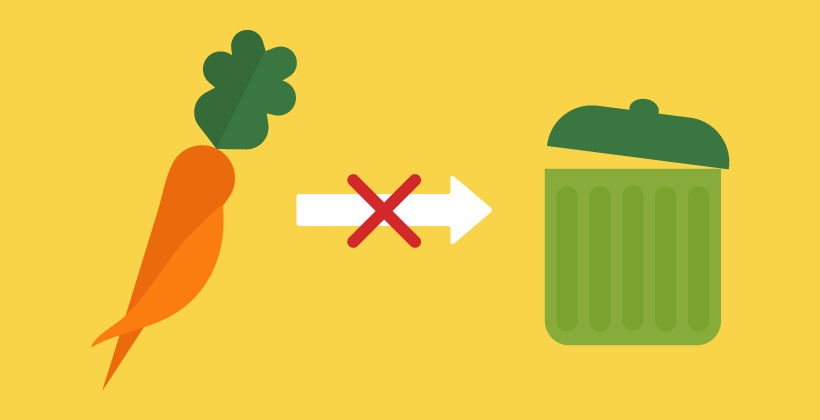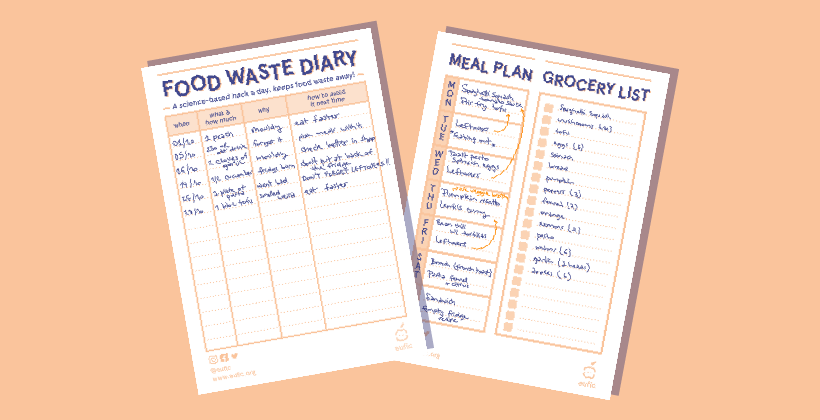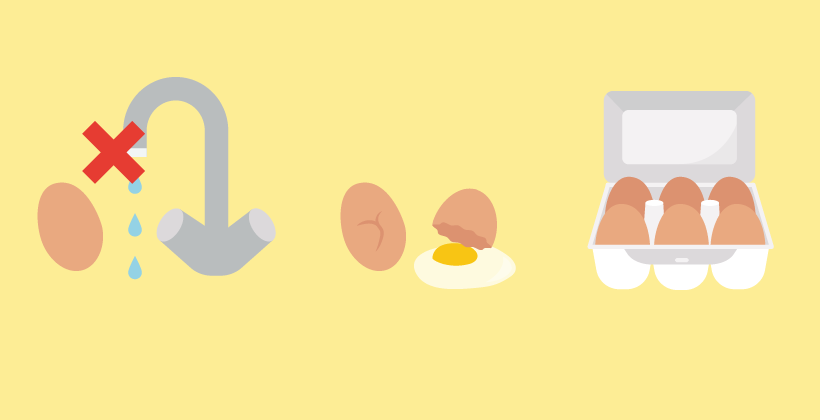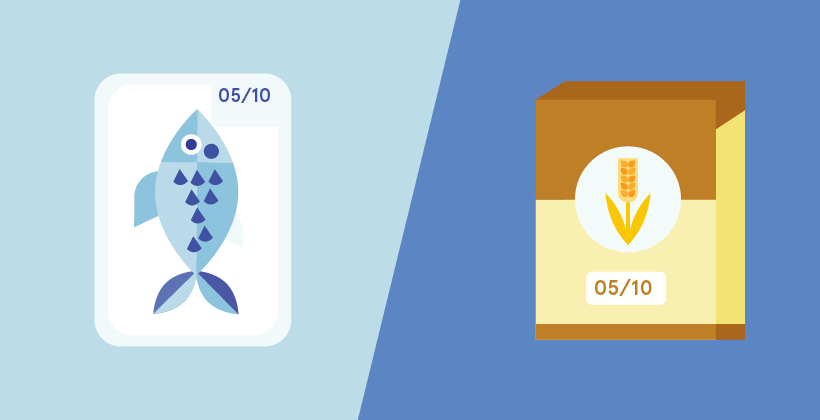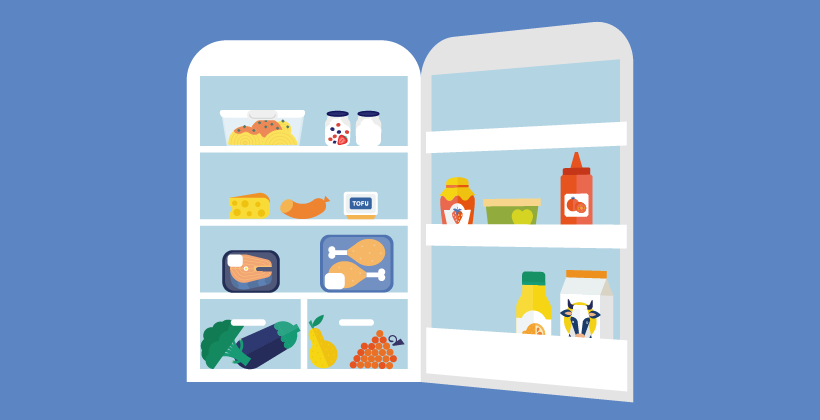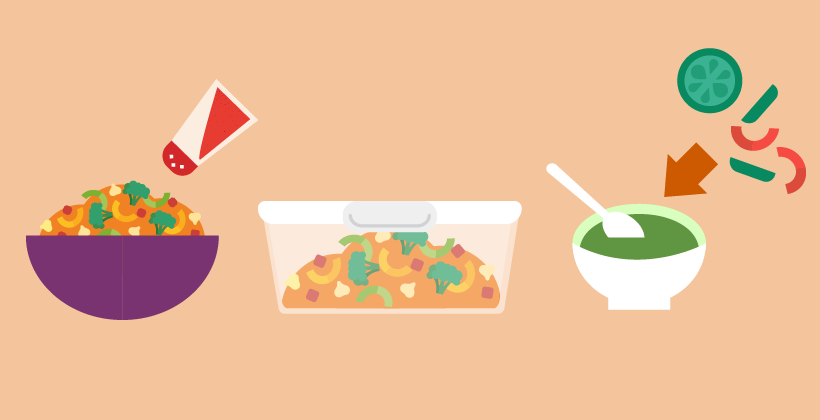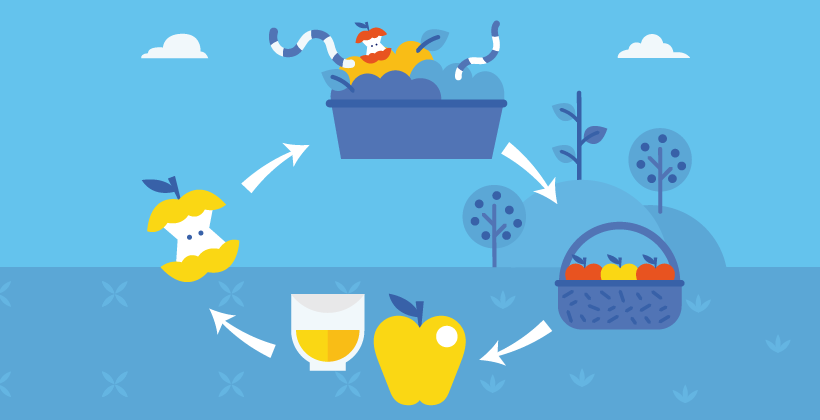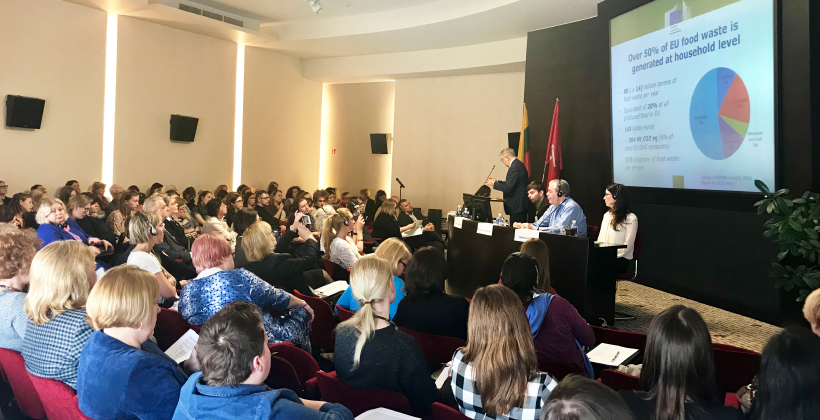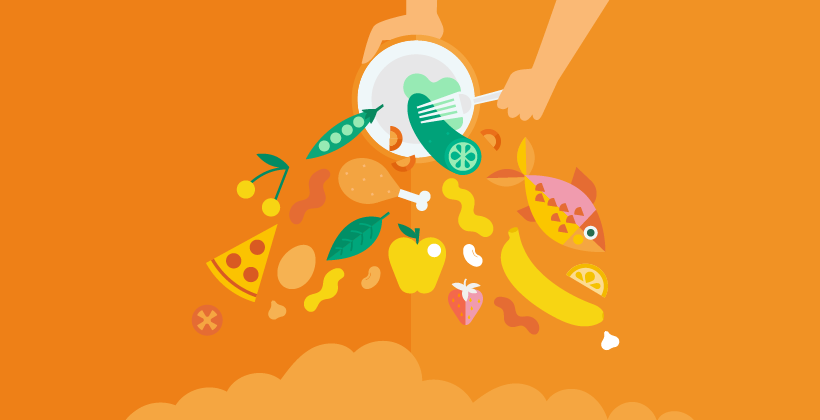Food waste
Every day, large quantities of food are wasted – food that could have been consumed, or could have other uses. How can we all act to reduce the amount of food we waste, to save money and natural resources, and help make sure that those in need are fed?
Food waste in Europe: statistics and facts about the problem
30 August 2024Would you go into a supermarket, buy five shopping bags of food, and then immediately throw one away? Statistically, that’s what’s happening to our food today.
Using mild processing techniques to reduce food waste: The innovative FOX project
27 November 2023What happens to all the fruits and vegetables that don’t meet the standards to be sold as fresh produce or that are left behind due to overproduction?
Have you ever tried a food waste diary?
27 September 2021Tracking and realising how much food waste we produce can help us reduce the amounts of food we waste. This diary template will allow you to track what food you waste, how much of it and for what reasons but also how to avoid it in the future.
Is it safe to eat eggs after the expiration date?
12 September 2021Eggs are versatile and nutritious. But are they still safe to eat after the expiration date? This article explains date labelling of eggs in Europe and provides tips on how to store and handle eggs.
Best before, use by and sell by dates explained
12 September 2021The best before and use by date labels are the most widely used types of date labelling on food in Europe. This article explains the difference between these types of date label and which food products they are commonly used on.
What foods should (or not) be stored in the fridge?
12 September 2021Sometimes it’s not so obvious where a certain food product should be stored to maintain its quality, so here we’ll dig into some of the most commonly misplaced ones and give you some answers to general fridge storage questions.
How to reduce and avoid food waste at home
12 September 2021Around 88 million tonnes of food is wasted in the EU every year, with more than half coming from households, but we can all take action by changing the way we shop, cook, and plan our meals to avoid wasting food, money, and resources.
Tackling food waste: turning nemesis into a saviour
28 June 2018The function of food packaging has traditionally been limited to passive protection from external influences, but innovations are quickly changing its role. Packaging is getting active and intelligent, able to monitor and interact with food and environment and maintain food freshness for longer, writes Dr Milka Sokolović.
Perceived value of food and portion size are main drivers of food waste: Dr. Sophie Hieke
26 June 2018Dr. Sophie Hieke, EUFIC Head of Consumer Science, explains what are the main reasons behind food waste according to the latest consumer research.
Let’s reduce food waste
19 July 2017Every day, large quantities of food are wasted. Reducing food waste would save money and natural resources, and help feed those in need. In recognition of this global issue, EUFIC has joined the SAVE FOOD initiative, to raise awareness of food waste, its impact, and possible solutions.
